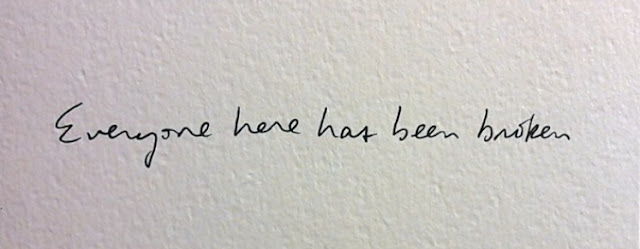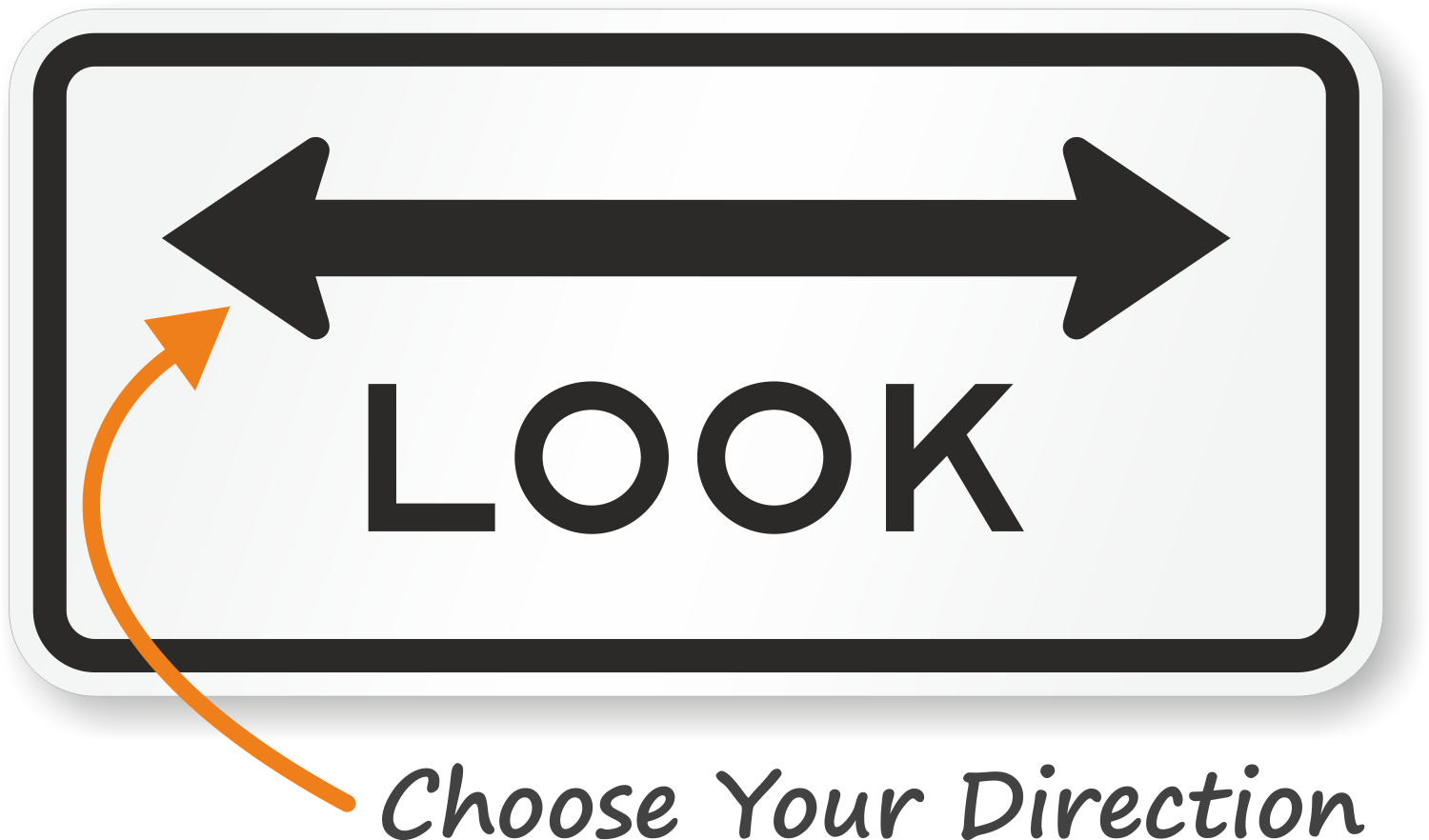If we could understand the nuances of empathy, often the missing link in ignorance and conflict, the world would truly be a better place for all.
We talk about personal space all the time. We commonly understand that invading one's personal space is a not-so-good thing to do. As with many things we say because we've always said them, I'm not sure we really understand what we're asking of ourselves when we commit to giving each other our 'space.' Perhaps we don't even understand what we're asking ourselves not to do.
How well do we understand what we're referring to as our "space?" I'm not sure.
A thought experiment...
Let's say that in the context of human interactions we can identify C waves (connoting cognitive interactions,) E waves, (connoting emotional interactions,) and P waves, (connoting physical interactions.) To simplify cognitive waves can be described as any form of understanding, while E and P waves are variables that affect our ability to understand. In other words, how we feel about our learning, and the environment we learn within, are pivotal elements that determine largely how well we actually learn in the cognitive domain. Since Descartes we've generally accepted that C waves were the independent variable, but what if in fact E and P waves create authentic constraints; challenges to our ability to comprehend and fully understand the phenomenological realities, our environments, and the people we encounter within them?









